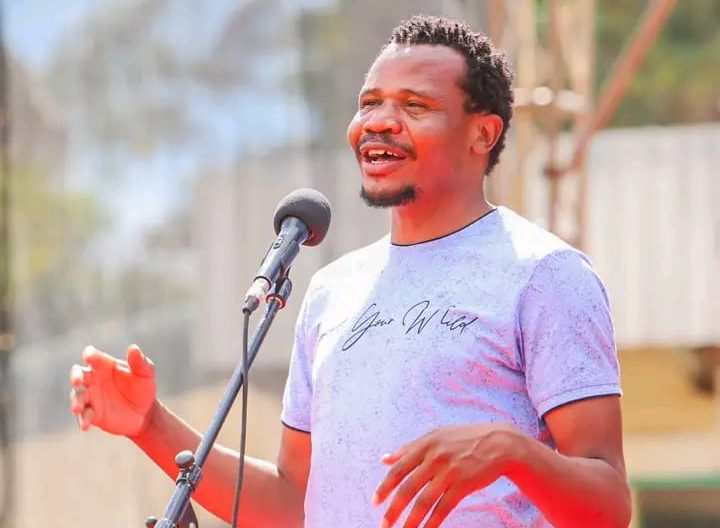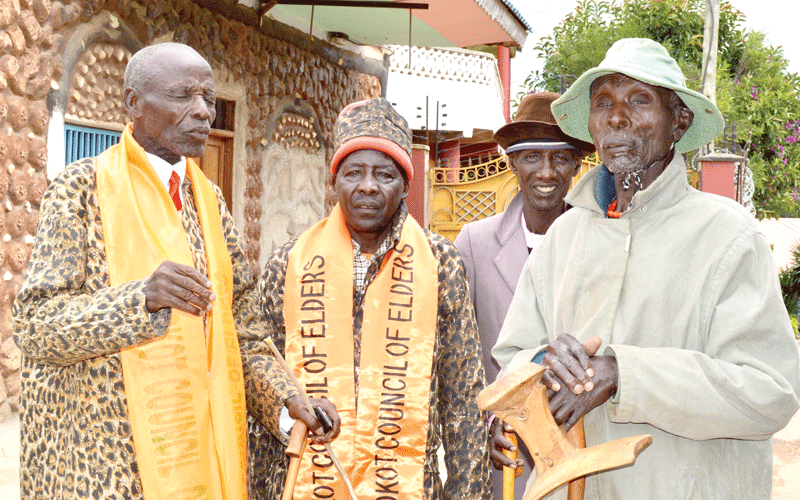Cultural beliefs ‘boost’ Pokot tragedy survivors’ resilience
By Winstone Chiseremi, December 2, 2019As residents of West Pokot continue picking up the pieces after recent landslides and floods left a trail of death and destruction, the level of resilience among the affected families has surprised visitors in the area.
When People Daily team visited the affected areas, most families remained calm as Kenya Red Cross personnel and police officers, armed with stretchers, pulled bodies out of the mud.
Most tragedy scenes elsewhere would be characterised by wailing and display of emotions from the bereaved families.
We sought to find out from Pokot Council of Elders and elderly women how in a tragedy of such magnitude, a mother would still remain calm with seven of her eight children dead.
Samson Pikochio, 79 , West Pokot Council of Elders chairman says that if a member of the community dies through a road accident, natural attrition or tragedy like what befell the victims of landslide; they are not allowed to wail as happens in other communities.
“We have a belief that if a person dies, it is God’s plan and that is why we don’t cry during such sorrowful moments in our community,” he says.
Pikochio says it is rare to find a woman or children wailing when close family members die through the aforementioned circumstances among the Pokot community.
He says there is a strong belief among the community members that God will give the bereaved man or woman more children.
“Our culture demands us to remain strong even in the face of calamities like the one which befell victims of the landslide from four villages in the county,” adds Pikochio.
Remain strong
He says they were told by their fore-fathers to withstand sorrowful moments.
“It is unheard of to see a man or woman wail or shed tears during sorrowful moment in our community as our culture demands that we remain strong during such difficult moments,” he says.
And true to his words, there was no wailing or shedding of tears from the bereaved families at the tragedy scenes and at the Kapenguri County Referral Hospital mortuary where the recovered bodies were received by family members.
Lomerinyang Lingagoi, 73, narrates how she watched as her four out seven children were buried in a shallow grave after they died due an outbreak of malaria in the area three decades ago.
“I was not even allowed to view the bodies of my children or wail as our culture dictates. I just saw their bodies being carried to a forest by a group of youths and elders some kilometres away from our home … as if nothing had happened,” she says.
Grace Tomno, 67, a mother 10, says their culture does not allow them to cry even when giving birth as doing so will signify cowardice.
“We are supposed to withstand the pain that comes when giving birth at home,” she says.
The deadly landslide hit four villages; Muino, Nyarkulian, Parua and Tamkal in Pokot Central and Pokot South, resulting in the death of 53 people.
More Articles

